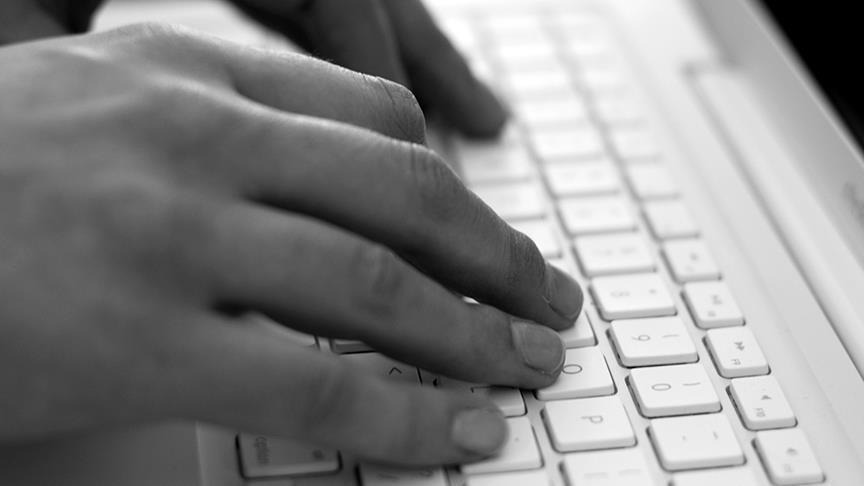On eve of Copyright Law Day, academics in India say free access to websites providing research material is important to pursue study.
NEW DELHI (AA) – Restricting the circulation of scholarly works to protect the copyright of its owners and making free or inexpensive research available to students and scholars both remained contested issues, even more so with the advent of the digital age.
In India, the academic and legal fraternity is awaiting a judgment from the court in a case that involves alleged copyright infringement violation by two popular websites Sci-hub and Libgen, which provide access to hundreds of thousands of research papers every day, effectively bypassing paywalls and restrictions.
Both these websites are facing proceedings under the Copyright Law in an Indian court for violation of intellectual property that gives its owner the exclusive right on the research work.
Speaking to Anadolu Agency on eve of the Copyright Law Day, which is being observed on Saturday, a senior lawyer Diljeet Titus said the court ruling will have a cascading effect on the definition of copyright and will affect the ability of researchers to access scientific and academic article for learning purpose.
Expressing concern at the prospect of banning these websites, Sweta Singh, a Delhi-based academic said it would have consequences on the research and education activities in India.
“Both Sci-hub and Libgen intervene to provide alternative arrangements to the costly academic publishers. Earlier I used to struggle to find research papers as they were usually subscription-based and paid ones. So even as I was earning, I felt that the cost of subscription would often be on the higher side for individuals,” she said.
A year ago, global publishing houses Elsevier Ltd, Wily Pvt Ltd, and the American Chemical Society filed a copyright infringement suit against Alexandra Elbakyan, the owner of Sci-Hub, and the LibGen.
– Huge help in absence of library access
Singh said that Sci-hub is proving a huge help when the libraries in India fail to provide institutional and remote access to quality publications.
“Similarly, Libgen is extremely helpful especially in the times of pandemic where many students and teachers dependent on physical libraries could not visit them due to lockdown and pandemic,” she said.
According to a New Delhi-based Internet Freedom Foundation, which is defending these two websites in the court on behalf of a group of social scientists, the Sci-Hub has over 85 million research papers while LibGen provides free access to scholarly articles, books, and magazines.
Krishnesh Bapat, a lawyer who is part of the legal team said the court has issued notices on his application. He said the social science academics will be affected if these websites are blocked.
“Since we stand to be affected, that is why we want the court to hear us. We are not challenging anything right now. It is the court to decide what is right or wrong,” he said.
Nikhil Dasari, a scholar said the court case has snowballed into a larger issue of respecting copyright rules and providing easy access to education.
“In a place where we have wide inequities in access to education, platforms like Sci-Hub provide a chance for equal access to research which is, most often, generated from public resources,” he said.
In 2012, several international publishers had sued a photocopy shop located near Delhi University for copying books without any permission and license.
– Blanket ban to undermine learning
Rejecting the suite, the Delhi High Court in 2016 observed that “copyright, especially in literary works, is thus not an inevitable, divine, or natural right that confers on authors the absolute ownership of their creations.”
Lawyer Titus said it was easy to draw parallels between the cases of websites and that of photocopy shops, taking the view that they are generally used by academicians for educational purposes.
“However, it is crucial to keep in mind here that in the Delhi University photocopying case, the copyrighted material was being sold solely for educational purposes for the students of the university, whereas, Sci-Hub self-admittedly provides research material to anyone who wants access to it. Hence, the exemption for educational purposes cannot be claimed here,” he said.
He said a blanket ban of free online repositories like Sci-Hub and Libgen, will seriously undermine the ability of researchers to access scientific and academic articles for learning purposes.
“It would also come at an enormous cost to the public and the national interest,” he said.

